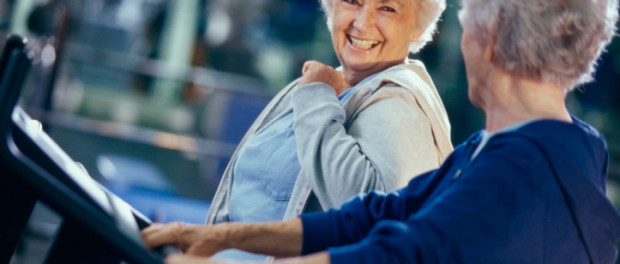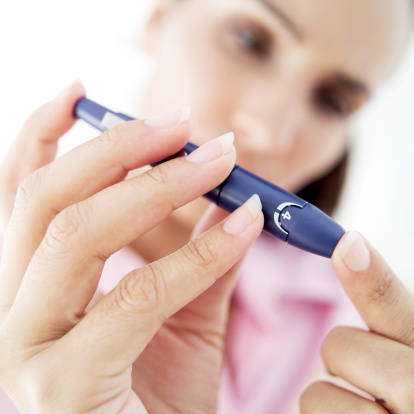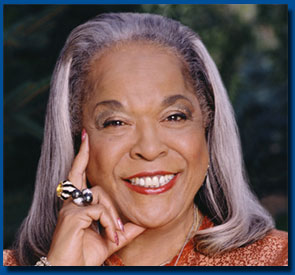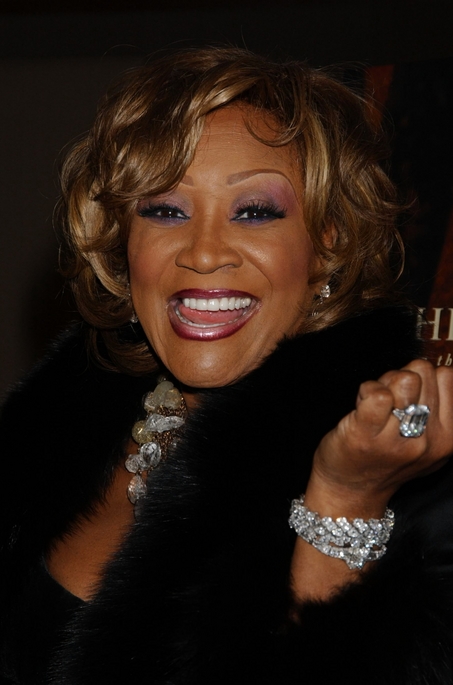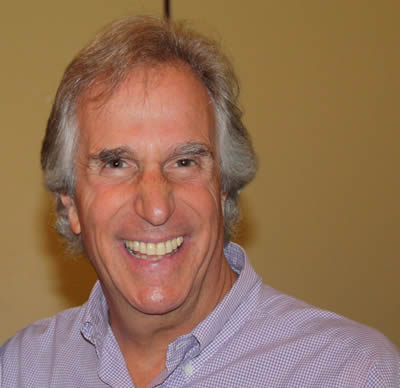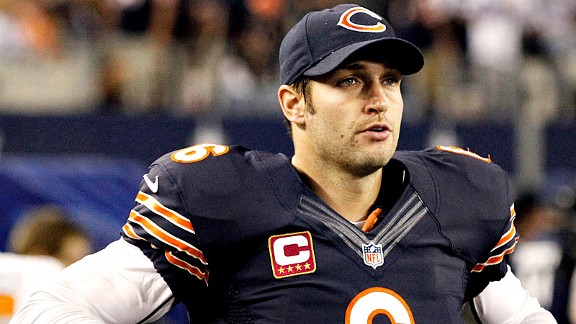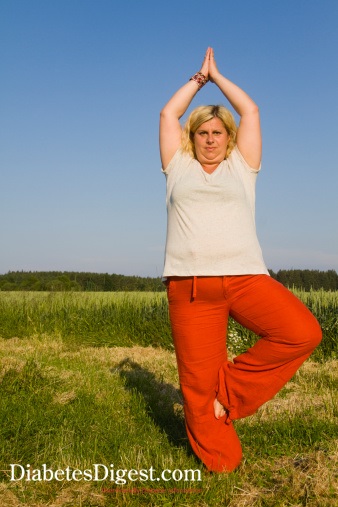Exercise Q&A for Seniors
Question:
I’m not very active, and I haven’t exercised in years. Is it safe for me to start now?
Answer:
If you haven’t been active for a long time, it’s important to start out at a low level of effort and work your way up slowly. Beginning slowly will help you become more fit without straining your body or hurting yourself. For example, you may want to start walking, biking, or swimming at a comfortable pace and then gradually do more. Or, start strength exercises with 1- or 2-pound weights and gradually add heavier weights. You should always talk with your healthcare provider before you start a new exercise program, or if you want to add high-intensity activities to your current program.
Question:
I have a medical condition (such as arthritis, high blood pressure, diabetes, or heart disease). Is it safe for me to exercise?
Answer:
Exercise is safe for almost everyone. In fact, studies have shown that people with arthritis, high blood pressure, diabetes, or heart disease benefit from regular physical activity. In some cases, exercise actually can improve some of these conditions. But, you should still talk with your healthcare provider about how your health condition might affect your ability to exercise, as everyone’s body is different.
Question:
Isn’t it better for older adults to “take it easy” and save their strength?
Answer:
Regular physical activity is very important to the health and wellbeing of older people. In fact, some studies have shown that “taking it easy” is risky. Usually, when older people lose their ability to do things on their own, it doesn’t happen just because they’ve aged. It happened because they were not active. According to the U.S. Surgeon General’s Report on Physical Activity and Health, inactive people are nearly twice as likely to develop heart disease as those who are more active. Lack of physical activity also can lead to more visits to the doctor, more hospitalizations, and a much higher need for prescription medicines.
Question:
How much physical activity do I need?
Answer:
The goal for most people should be to achieve at least 30 minutes of moderate-intensity aerobic activity on most or all days of the week. Every day is best, but doing anything is better than doing nothing at all. Try to do all four types of exercises — endurance, balance, flexibility, and strength. Try to do strength exercises for all of your major muscle groups on 2 or more days a week for 30-minute sessions, but don’t exercise the same muscle group 2 days in a row.
Question: How hard should I exercise?
Answer:
We can’t tell you exactly how many pounds to lift or how steep a hill you should climb to reach a moderate or high level of exercise. What’s easy for one person might be difficult for another. You should match your activity to your own needs and abilities. Start from where you are and build up slowly. During moderate activity, for instance, you should feel like you are pushing yourself, but that you aren’t near your limit. As you become more fit, gradually make your activities more difficult. Generally, the more intense the activity and the more time you spend doing it, the more health benefits you will receive.
Question:
How long do I need to be active before I see results?
Answer:
Once you start being physically active, you’ll begin to see results in just a few weeks. You may feel stronger and more energetic than before. You may notice that you can do things more easily, faster, or for longer than before. As you become more fit, you may need to make your activities more difficult or intense to see additional results.
Question:
Do I get enough physical activity in my regular day-to-day activities?
Answer:
One way to find out is to check your Activity Log (see page 102). Did you list physical activities that get your body moving, such as yard work, walking the dog, raking leaves, or climbing stairs? How about weight training or an aerobics class? There are many ways to be active every day. The key is to do all four of the major types of exercises regularly and increase your level of effort over time.
Question:
I’m healthy now. Why do I need to be active?
Answer:
Research shows that physical activity can maintain and even improve your health. For example, exercise and physical activity can help you manage, or even prevent, diseases such as heart disease, diabetes, and osteoporosis.
Question:
I find it hard to make myself be active. What can I do?
Answer:
You’re more likely to keep going if you:
- choose activities you enjoy
- can fit them into your schedule
- believe you’ll benefit from them, and
- feel you can do them safely and correctly.
Making a contract with a friend or family member may also help you stick with your exercise plan. Setting small, realistic goals, checking your progress, and rewarding yourself when you reach your goal also can help. If you can stick with an exercise routine for at least 6 months, it’s a good sign that you’re on your way to making physical activity a regular habit.
Question: How do I find time to be active?
Answer:
There are a number of ways to fit physical activity into your schedule. For example, you could exercise first thing in the morning before your day gets too busy. Or, you could combine physical activity with a task that’s already part of your day, such as walking the dog or doing household chores. If you don’t have 30 minutes in your daily routine to be active, look for three separate 10-minute periods.
Question:
What kind of equipment do I need? I can’t afford exercise equipment.
Answer:
For many activities, you don’t need any equipment or special clothing. All you need for brisk walking, for example, is a pair of comfortable, non-skid shoes. For strength training, you can make your own weights from unbreakable household items (see page 45). Many communities offer free or low-cost programs for seniors. Check with your local parks and recreation department or senior center about the facilities and programs in your area. Some local fitness centers may offer senior discounts.
Question:
What if I have an injury or health problem that keeps me from exercising for a while? How do I know when it’s safe for me to start again?
Answer:
If you miss a few days or weeks of exercise because of an injury or illness, don’t be discouraged. Once you recover, you can start again and be successful. Talk with your healthcare provider about when you can resume your regular routine. When you start again, begin at about half the effort you were putting in when you stopped, then gradually build back up. With a little time, you’ll be back at the same, or better, fitness level.
Question:
I get tired easily. What is the best physical activity for me?
Answer:
Once you become active, you’re likely to have more energy than before. As you do more, you may also notice that you can do things more easily, faster, and for longer. Regular, moderate exercise can help reduce fatigue and even help you manage stress!
Question:
I’ve been exercising for a while now. Why aren’t I seeing more real improvements?
Answer:
As your body gets used to a level of exercise, you’ll need to vary your exercise or do more in order to see steady progress. If you are able, do your activities longer, farther, or harder. Do the activities more often, or add new physical activities to your routine!
Question:
I’m 81 years old. Should I be exercising, and will it make a difference at my age?
Answer:
Yes. Staying active is important throughout your life. Regular physical activity will help you stay strong and fit enough to keep doing the things you enjoy. No matter what your age, you can find activities that meet your fitness level and needs.
Question:
What kinds of shoes are best for walking or other types of physical activity?
Answer:
Look for sensible shoes that support your feet. Make sure they have flat, non-skid soles and are comfortable. Avoid shoes with thick, heavy soles. If tying laces is difficult, look for shoes with Velcro® fasteners. When you buy shoes, try on several pairs so that you’re sure to get a pair that fits well.
Question:
Do I need to do other exercises in addition to my usual walking routine?
Answer:
Most people tend to focus on one type of exercise or activity, and think they’re doing enough. Try to do all four types — endurance, strength, flexibility, and balance — because each one has different benefits. Doing one kind of exercise can improve your ability to do others! Variety will also help reduce boredom and make you less likely to hurt yourself.
Question:
Is it better to join an exercise class or group, or exercise on my own?
Answer:
There are many ways to be active. The key is to find activities that you truly enjoy. If you prefer exercise you can do alone, try swimming, gardening, or walking. Try dancing or playing tennis if you enjoy two-person activities. If group activities appeal to you, try a team sport like basketball or join an exercise class. Some people find that going to a gym regularly or working with a fitness trainer helps them stay motivated.
Question:
If I’m overweight or obese, what kinds of physical activity can I do?
Answer:
You can do all kinds of physical activities, including the four types of exercise shown in this guide. Try walking, water exercises, dancing, or weight lifting. Anything that gets you moving — even for just a few minutes a day at first — is a healthy start. Very large people may face special challenges. For example, you may not be able to bend or move easily, or you may feel self-conscious. Facing these challenges is hard — but it can be done! Feel good about what you can do, and pat yourself on the back for trying. It will get easier!
Question:
I don’t do any kind of physical activity, but I watch my diet and I’m not overweight. Isn’t that enough?
Answer:
Eating a nutritious diet and maintaining a healthy weight are only part of a healthy lifestyle. Regular physical activity is important for the physical and mental health of almost everyone, including older adults. Being physically active will help you stay strong and fit enough to keep doing the things you enjoy. It can also help you stay independent as you get older. Together, healthy habits such as exercise, a balanced diet, and not smoking will help you achieve great, lasting health.

